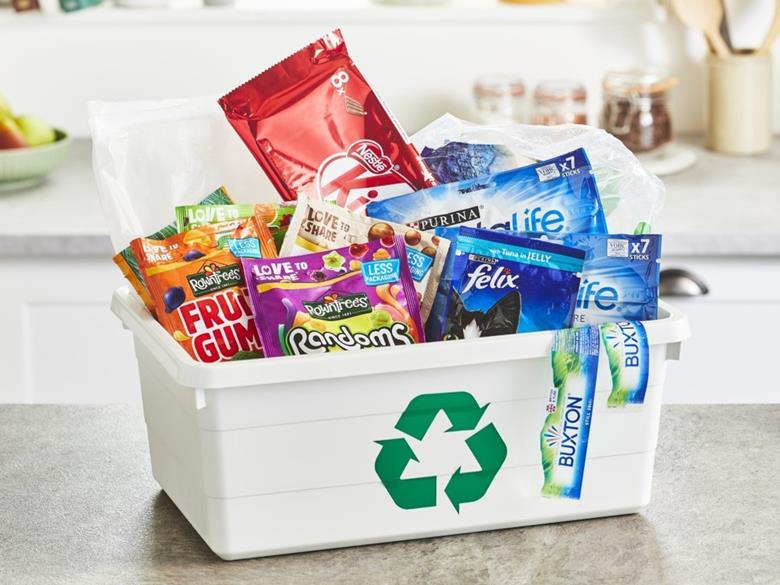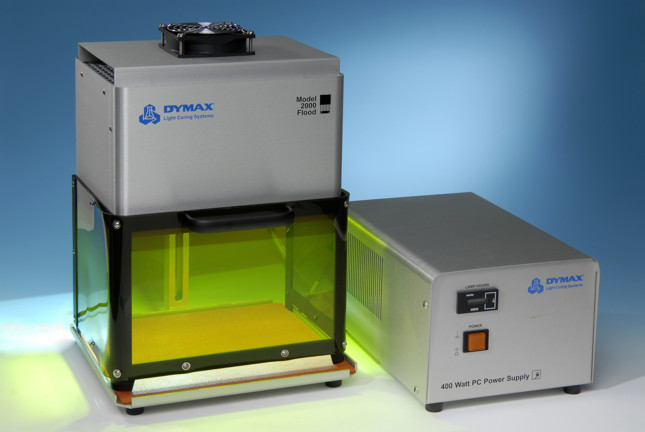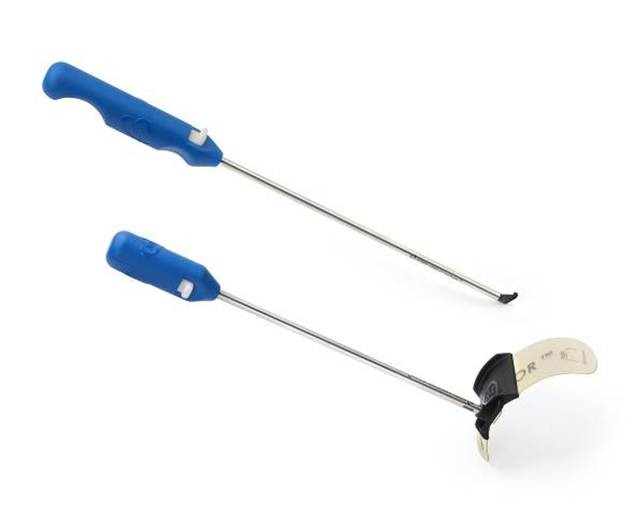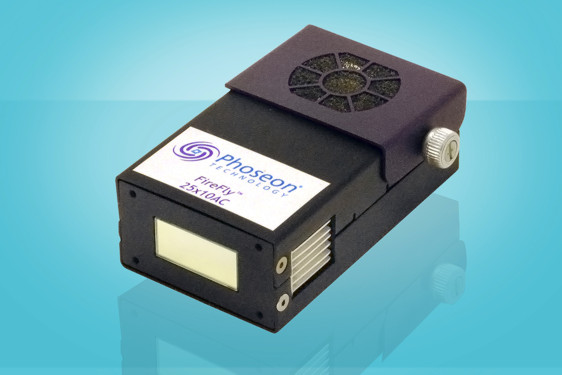Nestlé has invested £7 million into the opening of Impact Recycling’s new recycling plant, which is set to convert hard-to-recycle flexible plastics into pellets to produce new flexible packaging.
Located in Durham, England, the plant will utilize a process known as Baffled Oscillation Separation System, or BOSS. This involves the sorting of waste plastics by spinning them in water, at which point the varying densities of the materials will cause them to sink or float – streamlining the separation of different flexible substances.
In turn, these plastics will converted into pellets to produce flexible plastics in the construction and agriculture industries, among others. Postbags, refuse bags, and bin bags are listed as expected end-products.
Upon its opening, the site is expected to offer a 25,000-tonne capacity, which is expected to exceed the amount of flexible plastic packaging placed on the market by Nestlé UK & Ireland. Collection points will be established at major supermarkets to gather Nestlé Cereal bags, KitKat wrappers, Purina pet food pouches, Rowntree’s confectionary sharing bags, and other flexible packaging for recycling.
Alongside a grant from Innovate UK, Nestlé’s £7 million loan is expected to help scale up Innovate UK’s recycling process. The site is scheduled to enter operations in late summer 2024.
“I am thrilled to be joining forces with Impact Recycling and helping fund this new plant in Durham,” said Sokhna Gueye, head of Packaging at Nestlé UK & Ireland. “At Nestlé, we are dedicated to ensuring our packaging can have multiple lives and doesn’t end up as waste in landfill. Supporting innovative technologies like this is just one of the many steps we are taking towards achieving this goal.
“In the UK and Ireland, our efforts continue at pace to ensure as close to 100% of our packaging is designed for recycling by 2025, and we continue to work towards all of our packaging being recyclable or reusable. It is fantastic to see our packaging given a second life, and we are looking at many partnerships to help encourage the collection and recycling infrastructure in the UK.”
David Walsh, CEO of Impact Recycling, continued: “We are delighted to partner with Nestlé on this initiative to develop a 25,000-tonne commercial recycling plant for post-consumer flexible plastic. Without the funding from Nestlé this development would not have been possible.
“Through this funding, Nestlé demonstrates its unwavering commitment to innovation and the pursuit of sustainable solutions for plastic packaging.”
Paul Davidson, Smart Sustainable Plastic Packaging Challenge director at Innovate UK, added: “We’re delighted to be supporting this project, driving innovation to increase the UK’s capacity to recycle flexible plastic packaging is a priority area for the Smart Sustainable Plastic Packaging Challenge and this facility is a great step towards the UK meeting its Plastic Pact targets.”
In a similar development, supermarket chain Morrisons became the co-owner of a new recycling site for hard-to-recycle soft plastics in Scotland earlier this year. Operated by Yes Recycling, the site intends to repurpose 15,000 tonnes of post-consumer packaging a year at full capacity and prevent end-of-life plastics from being exported overseas.
Since then, Mura Technology has opened its first commercial-scale HydroPRS advanced recycling plant for ‘unrecyclable’ flexible and rigid mixed plastics in Teesside, UK; and the grand opening of Swedish Plastic Recycling’s Site Zero plant site, which intends to recycle all types of plastic packaging without emitting CO2, took place on 15th November.
Source: packagingeurope









